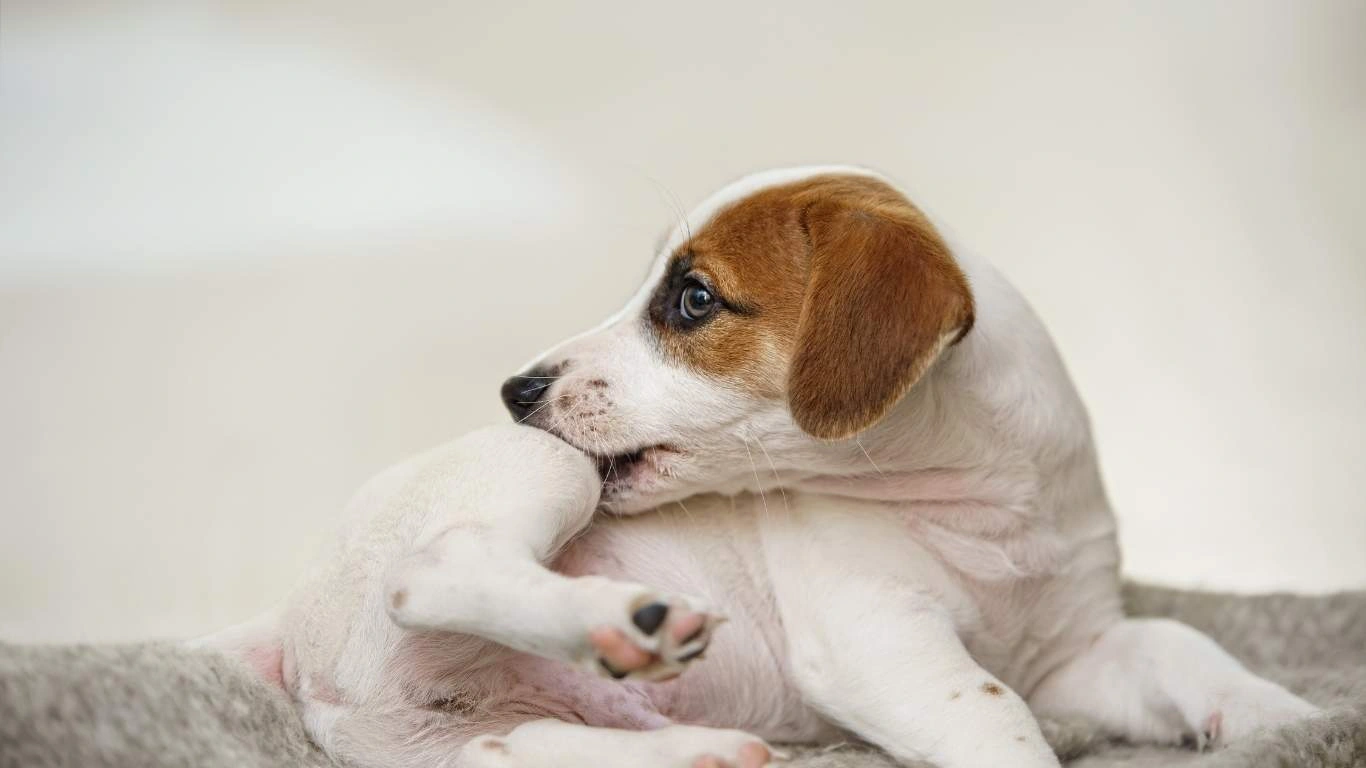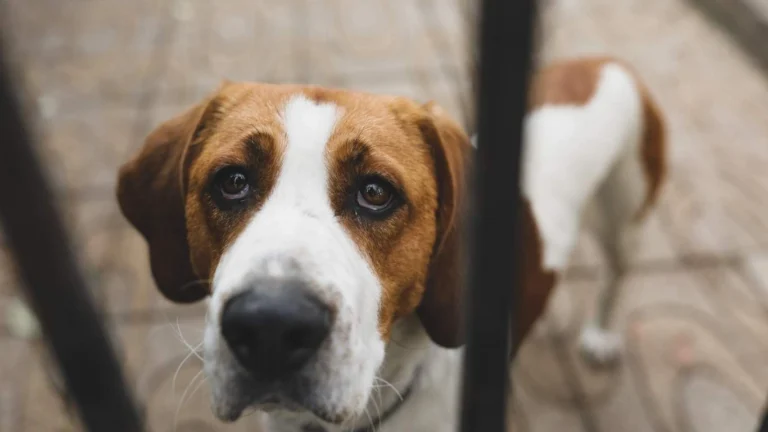Best Diet to Prevent Dog Diarrhea That Actually Works
Let’s be real—there’s nothing fun about your dog having diarrhea. It’s stressful, messy, and honestly a little heartbreaking watching your pup look all uncomfortable. As someone who’s worked hands-on as a Veterinary Technician with a special focus on nutrition, I’ve seen firsthand how the *right diet* can make a massive difference. And yes, I mean a real change—not just a temporary fix. So if you’re here wondering what the best diet to prevent dog diarrhea that actually works looks like, you’re in the right place. Let’s break it down in a way that actually makes sense, minus all the confusing vet jargon.
Understanding the Root Cause First

Before we talk about what to feed your dog, we need to figure out why they’re having tummy troubles in the first place. I can’t tell you how many pet parents I’ve worked with who assumed it was just something their pup ate—only to find out it was a combo of stress, poor gut health, or even low-quality commercial food.
Common Culprits Behind Dog Diarrhea
- Sudden food changes – Dogs have sensitive tummies. Switching kibble without a transition period? Yeah, that’ll do it.
- Low-quality ingredients – Fillers like corn, wheat, and by-products can irritate your dog’s digestive tract.
- Food intolerances – Just like humans, dogs can have sensitivities to ingredients like chicken, beef, or dairy.
- Stress and anxiety – New environments, new pets, or even a trip to the vet can throw off their gut.
So while diet plays a big role, it’s also about the whole picture. But for now, let’s focus on the food part—because it’s a game changer.
Best Diet to Prevent Dog Diarrhea That Actually Works

Here’s where my experience in veterinary nutrition really kicks in. Over the years, I’ve seen a few consistent patterns when it comes to managing chronic or recurring diarrhea in dogs. It’s not about following the latest trend or grabbing the most expensive bag off the shelf—it’s about creating a balanced, digestible, and gut-friendly meal plan.
Start With Easily Digestible Proteins
One thing I always recommend is using simple, lean proteins. Boiled chicken (no skin), turkey, and even cooked white fish are gentle on the tummy. When I’m dealing with a pup recovering from GI upset, I usually start with:
- Boiled white meat chicken
- Plain white rice
- Bone broth (low sodium)
This combo isn’t fancy, but it works. It’s like the chicken soup for sick dogs—warm, mild, and comforting. I’ve used this many times, especially post-parvo cases or after a round of antibiotics that wrecked a dog’s gut flora.
Include Soluble Fiber the Right Way
You’ve probably heard fiber is great for digestion—and it is! But not all fiber is equal. Soluble fiber, like what you get from pumpkin or sweet potato, helps bulk up the stool without irritating the GI tract.
When I’m crafting a bland diet, I often add a spoonful of canned pumpkin (not the pie kind!) or a bit of steamed sweet potato. Not only does it help with consistency, but most dogs actually love the taste.
Probiotics: Your Dog’s Gut Bestie
I can’t count how many dogs I’ve helped just by adding a solid probiotic to their diet. Seriously, it’s one of the most underrated fixes out there. Diarrhea often messes up the gut microbiome, and a good probiotic helps restore the balance.
There are tons of options, but I personally like the veterinary-grade ones—especially for dogs who’ve been on meds like antibiotics. If you’re unsure where to start, ask your vet for a recommendation that suits your dog’s specific condition.
Avoid These Ingredients Like the Plague
- Artificial preservatives – BHA, BHT, and ethoxyquin are big red flags.
- Meat by-products – You never know what you’re getting, and dogs with sensitive stomachs don’t handle them well.
- Cheap fillers – Corn, soy, and wheat often contribute to inflammation and allergies.
Trust me, I’ve read enough labels to last a lifetime. If the ingredient list sounds like it belongs in a chemistry lab, skip it. Your dog’s gut will thank you.
How to Transition Your Dog to a Gut-Friendly Diet

Okay, so now that we’ve talked about what a solid, tummy-friendly diet looks like, let’s chat about how to actually transition your dog to it. One of the biggest mistakes I’ve seen pet parents make (and yep, I’ve been guilty too) is switching foods too fast. Trust me, it almost always backfires—cue another round of diarrhea, and you’re back to square one.
Slow and Steady Wins the Race
Here’s a simple 7-day transition plan I’ve used both professionally and with my own dogs:
- Days 1–2: 75% old food + 25% new food
- Days 3–4: 50% old food + 50% new food
- Days 5–6: 25% old food + 75% new food
- Day 7: 100% new food
If at any point your pup starts showing soft stools or upset tummy signs, just slow it down. Some dogs need a longer transition—especially if their gut has been through the wringer. No shame in taking your time.
Hydration: The Overlooked Secret Weapon
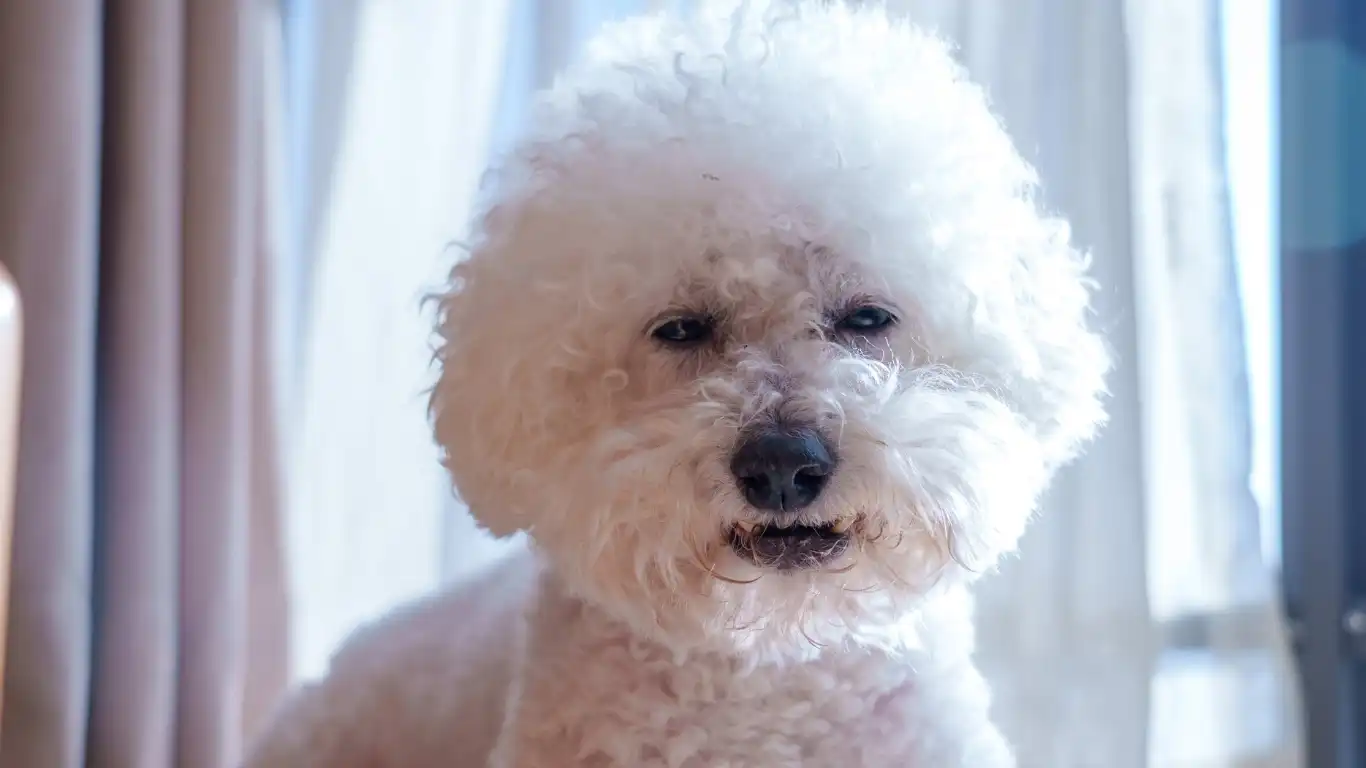
Let’s not forget this little nugget: hydration is everything when it comes to preventing dog diarrhea. Dehydration can sneak up fast, especially if your pup’s stool is loose. I always recommend keeping clean, fresh water available at all times—and yes, dogs can be picky about it!
My Go-To Hydration Boosts
- Bone broth: Nutrient-rich and tasty. I like making a batch at home with marrow bones—just no added onions or garlic, please.
- Electrolyte-enhanced water: There are pet-safe options you can add to their water bowl, especially after an upset stomach episode.
- Wet food toppers: A spoonful of hydrating canned food or a little goat milk can also do the trick.
One time, I had a senior dog patient who just wouldn’t drink enough water post-surgery. We ended up mixing in a little unsalted chicken broth, and it worked like a charm. Hydration isn’t just about water—it’s about making sure your dog wants to drink it.
Homemade vs. Commercial Diets: Which One is Best?
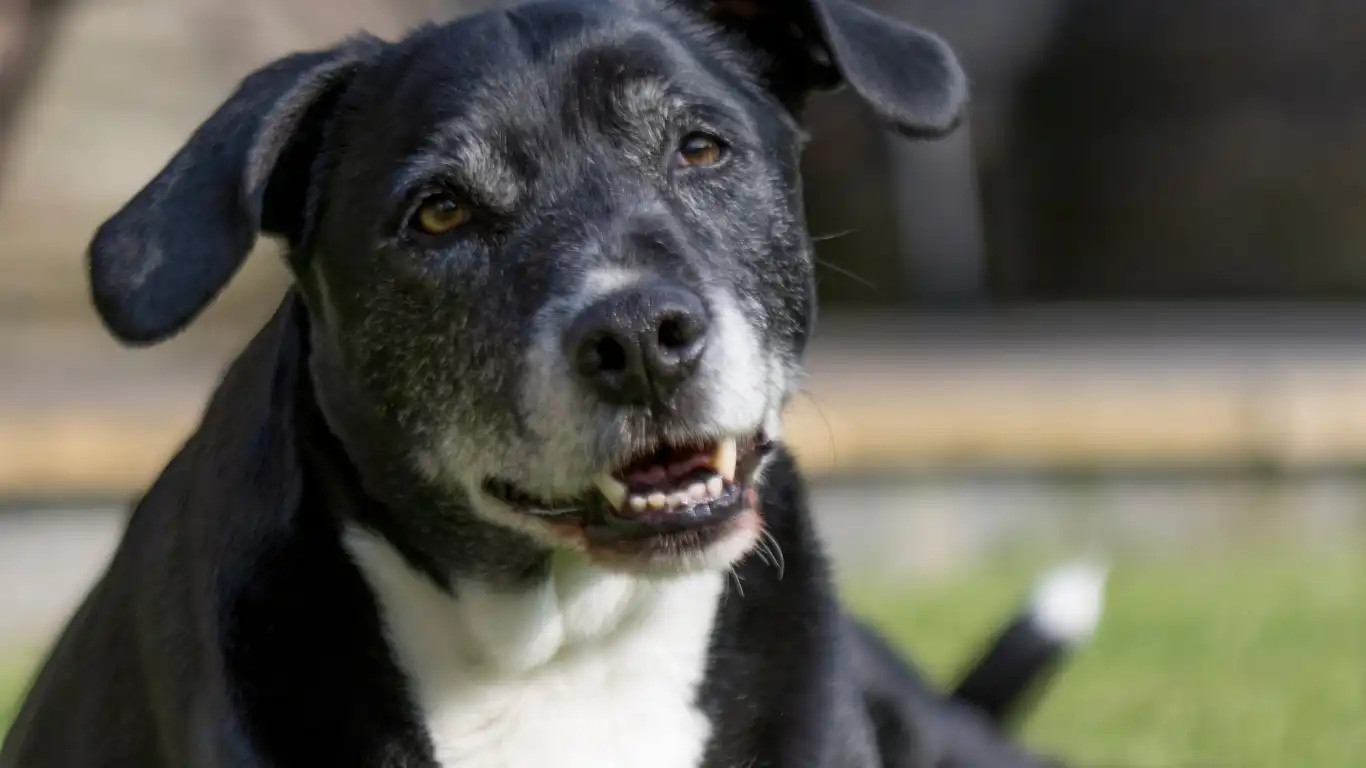
This one’s a biggie. I get asked all the time if homemade food is better than store-bought kibble. The short answer? It depends on how it’s done.
Homemade Diets: Pro & Cons
Done right, homemade diets can be amazing for dogs with sensitive guts. You know exactly what’s going in, and you can customize it based on your pup’s needs. I’ve worked with so many pet parents who saw a huge difference once they ditched kibble and switched to gently cooked meals.
But—here’s the catch—homemade food must be balanced. I’ve seen dogs with serious nutrient deficiencies because their meals were mostly meat and rice with no supplements or variety. If you’re going this route, please talk to a vet nutritionist or use a vet-approved meal formulation tool.
High-Quality Commercial Options
If home-cooking isn’t realistic (hey, life gets busy), don’t worry. There are some amazing commercial diets out there specifically formulated for dogs with sensitive digestion. Here’s what I look for when choosing one:
- Limited ingredients: Fewer ingredients = fewer chances for irritation.
- Single protein source: Great for dogs with food sensitivities.
- Added probiotics and prebiotics: Helps maintain a healthy gut microbiome.
- No artificial additives: Always a red flag if you can’t pronounce half the ingredients.
I’ve personally had great success with brands like Hill’s Prescription i/d, Purina Pro Plan Sensitive Stomach, and some of the fresh food delivery services that cater to gut health. Again—each dog is different, so don’t be afraid to try a few and see what works.
When to See a Vet (Seriously, Don’t Wait Too Long)
Look, while diet fixes a lot of things, sometimes diarrhea is a sign of something more serious. As someone who’s seen way too many cases go untreated for too long, I can’t stress this enough: if your dog’s diarrhea lasts more than a couple of days, or they start showing other symptoms (like vomiting, lethargy, or bloody stool), get to a vet ASAP.
Red Flags That Need Immediate Attention
- Blood in stool (bright red or black/tarry)
- Persistent vomiting
- Extreme lethargy or weakness
- Signs of dehydration (dry gums, sunken eyes, poor skin elasticity)
- Puppies or senior dogs with more than 24 hours of diarrhea
Sometimes it’s not just about the food—it could be parasites, infections, or even something more complex like pancreatitis or IBD. And honestly, waiting it out could make things worse. I always say: better a quick vet visit now than an emergency visit later.
Best Supplements to Support a Healthy Digestive Tract
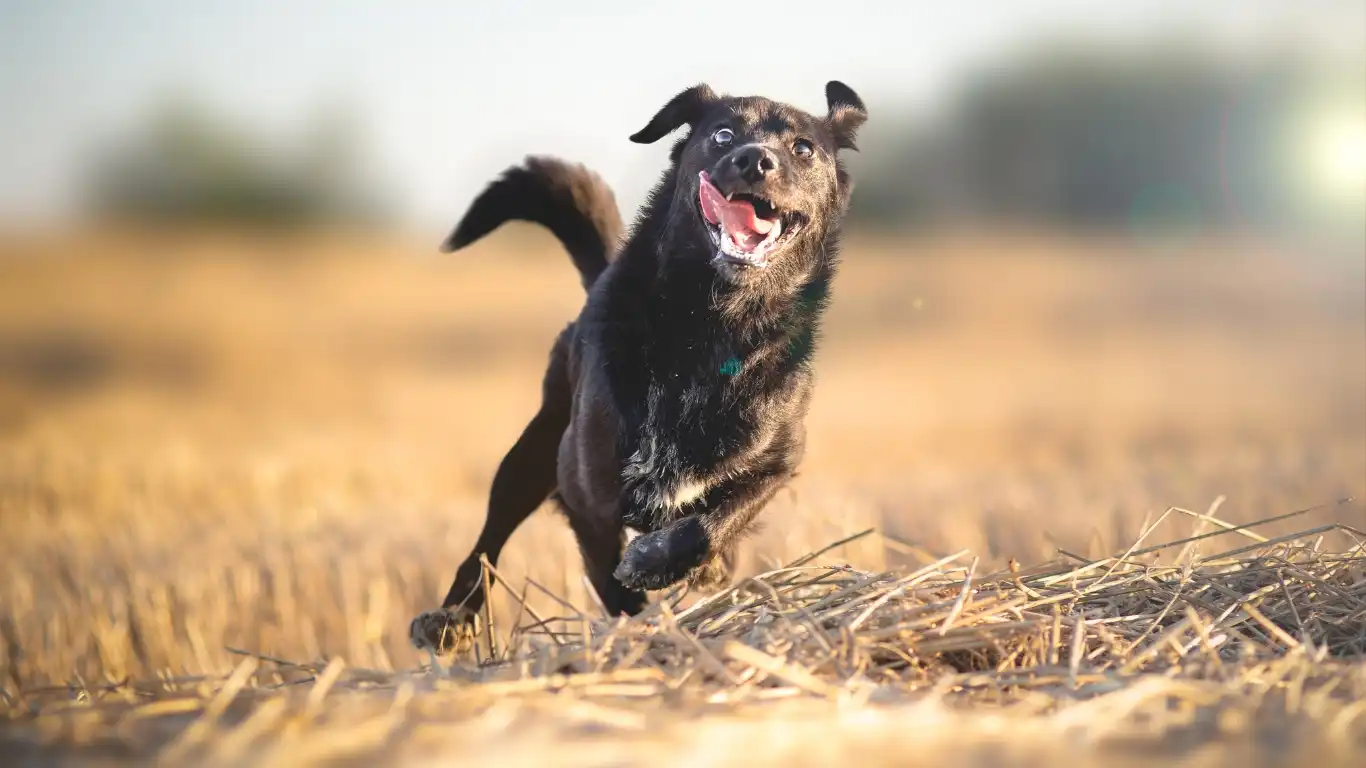
Alright, we’ve covered food, hydration, and how to spot the red flags—but let’s not forget about the gut-supporting extras that can make a huge difference. I’ve worked with a lot of dogs whose diarrhea didn’t fully clear up until we added in some gut-loving supplements. These aren’t miracle cures, but they can be total game-changers when used right.
Probiotics and Prebiotics
I seriously can’t talk enough about probiotics. A solid probiotic supports the balance of good bacteria in your dog’s gut, which is key for healthy digestion. I typically recommend starting with a veterinary-specific probiotic (like FortiFlora or Proviable), especially if your dog has a sensitive tummy.
Prebiotics, on the other hand, are like food for those good bacteria. Think of them as the fertilizer that helps the garden grow. Many high-quality dog foods already include prebiotics like chicory root or beet pulp—but supplements can be helpful too if needed.
Digestive Enzymes
If your dog has a tough time breaking down their food, digestive enzymes might help. I had a patient, a sweet little rescue mix named Daisy, who had constant loose stools. Turned out she just wasn’t digesting her food properly. Once we added a digestive enzyme blend to her meals, her poop firmed up like magic (okay, science, but it felt like magic!).
Other Helpful Add-ons
- Pumpkin powder or pure canned pumpkin: A little fiber boost that works wonders.
- Slippery elm bark: This herb coats the digestive tract and calms inflammation—great for dogs with mild diarrhea or IBD.
- Omega-3 fatty acids: Anti-inflammatory and beneficial for overall gut health.
Quick note: Always check with your vet before adding any supplements. What works for one dog may not be right for another, and dosing matters!
Daily Habits That Help Prevent Dog Diarrhea

Let’s zoom out for a second. Yes, food is huge—but there’s more to preventing diarrhea than just what’s in the bowl. Over the years, I’ve found that some simple daily habits can make a big impact.
Consistency is Everything
Dogs thrive on routine. Sudden changes—whether it’s a new treat, stress, or a road trip—can throw their digestive system off. I always tell pet parents: stick to a feeding schedule and avoid surprise diet changes unless it’s absolutely necessary.
Watch Those Treats (Seriously!)
Treats are sneaky. One minute you’re rewarding your pup for being adorable, and the next—boom, messy poop. I recommend keeping treats simple and limited. Avoid rich, fatty snacks or table scraps, especially if your dog is prone to tummy troubles.
Regular Exercise and Enrichment
This one’s underrated. Movement helps with digestion, and mental stimulation reduces stress—both of which are crucial for gut health. Even a 20-minute walk or a good game of fetch can work wonders.
Clean Environment = Healthy Gut
This might sound obvious, but keep your pup away from gross stuff outside (you know the kind—discarded food, random poop piles, or murky puddles). So many cases of diarrhea I’ve seen were caused by dogs eating something they shouldn’t have on a walk. Keep an eye out, especially for those sneaky scavengers.
References
As someone with veterinary nutrition training, I always encourage pet parents to dig into trustworthy, science-backed resources. Here are a few reputable places to start:
Disclaimer
This article is based on my personal and professional experience as a veterinary technician with a focus on nutrition. It is intended for educational purposes only and should not replace a veterinary diagnosis or treatment plan. Always consult your veterinarian before making changes to your dog’s diet or health routine—especially if they’re showing signs of illness or persistent digestive issues.
